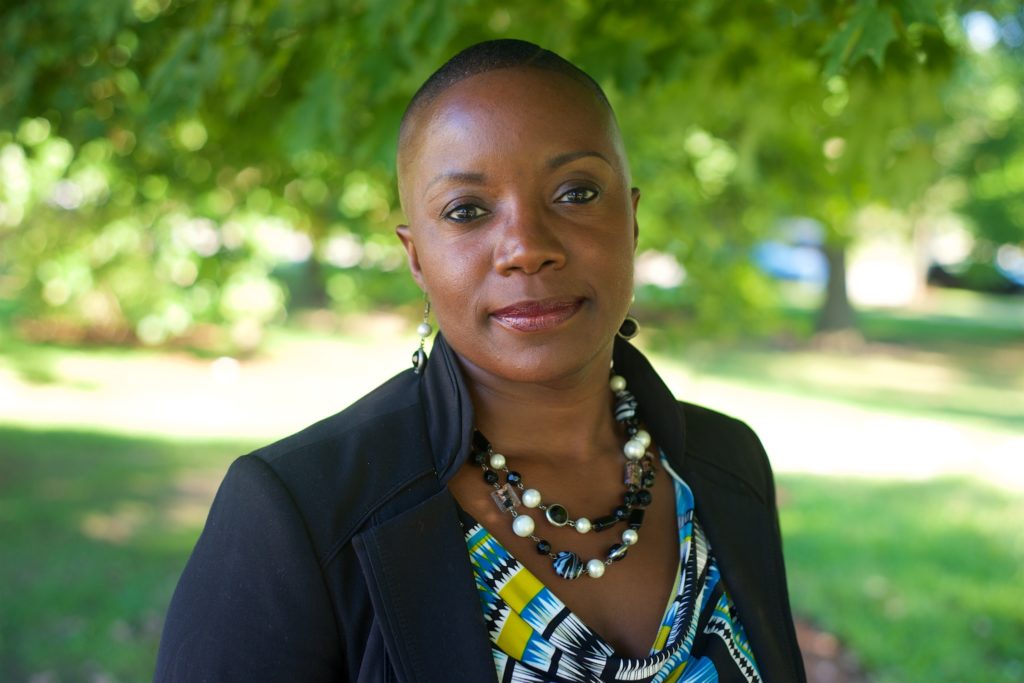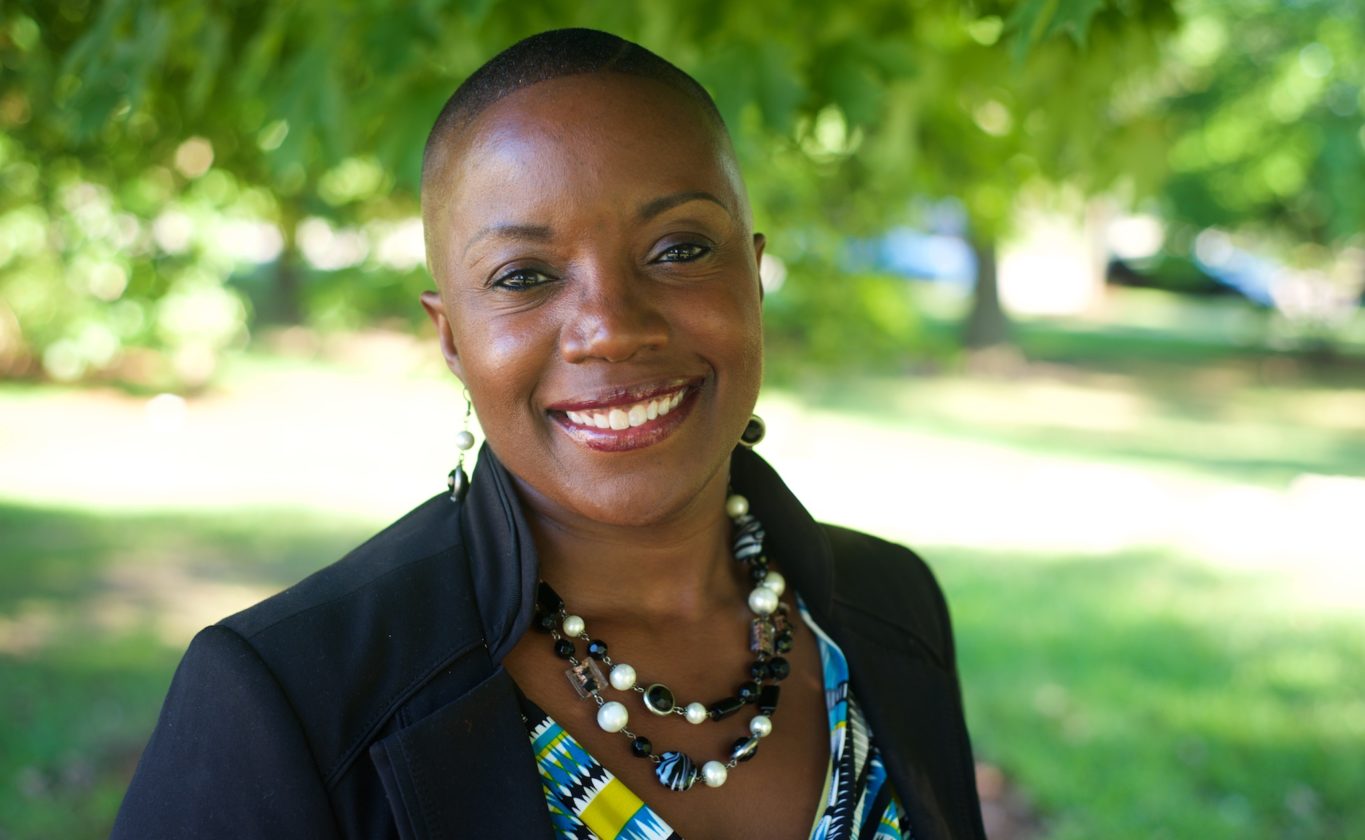When I was 20, I was frustrated about having to spend so much of my time helping people understand the impact of racism on folks who were not White. It just felt like such a chore to have to spend my energy saying, “Hey, you realize the world is topsy-turvy, and the privilege and value that you experience and assume as a fundamental part of reality is not for very many people?” I remember complaining about that to one of my elders at that time who was one of Bill Clinton’s advisers in the White House. There was a group of Black students, and we’d just finished taking over the school and protesting. He happened to be on campus for a board meeting. He met with us informally at the Black House. We said, “This is crazy. We have to do this in class, we have to do this out of class, we have to do this…”
He listened to us and let us just discharge, just throw out our frustrations. When we were done, he said, “If all you have to do is explain to White folks about how challenging racism is, then consider yourself blessed.” He asked, “What do you imagine that your great-great-grandmother or grandfather was doing at your age? You think they were sitting in class discussing critical race theory? They may have been running for freedom. They may have been figuring out how to endure humiliations you’d never wear. They have been starting programs and institutions, sneaking, and doing all kinds of things to make life easier. If all you have to do is foster understanding, I suggest you do it.”
I never felt so small in my life. And not because he was trying to reduce me. He was trying to give perspective and connect the dots between where the struggle is today and where it’s been, and that we are making progress, but that each generation has its work on the battlefield. And this was our work, so get to it.
I appreciate that the adults of my world helped me get some perspective. Many would say that, of course, the work is much bigger than explaining racism to White folks in the world. And it is. But it’s not the same work of my great-great-grandfather. I am not a Civil War amputee. It’s a different time. It’s the same stuff but from a different vantage point. We’ve made some progress. Occasionally, I have to whip that story out of my back pocket for myself when I feel really tired and burnt out. Then I remember I’m a part of a lineage of folks who have done this and more.

FTF Board Member, Rebeccah Bennett, photos by Lindy Drew
I was facilitating a three-day retreat for a national coalition of social justice and racial equity organizations from across the country. They are trying to build a national infrastructure to respond to racial crises and conflagrations, address policy and programs, and apply pressure in a sustainable way. The retreat was held on the same days that Alton Sterling was killed, Philando Castile was killed, five police officers were killed, and 12 others injured. I was angry and sad, and all I could see was my husband and my kids in the back seat and a police officer shooting my husband dead in front of my daughters and having my 5-year-old or 2-year-old say, “Mommy, it’s okay. I’m with you” after someone just destroyed my world.
I was crying and upset, and I’m on my way to strategize and facilitate and focus on systems with all these other people who are in the trenches. All I could do was think, “Somebody should burn this thing down” because it’s just so sick. I got into the space where I was supposed to hold this thing. I was supposed to lead the charge, and I just couldn’t do it. Somehow, the agenda did not feel appropriate for the work and it didn’t feel like what they needed was the consultant strategist, facilitator, or planner. It felt like what we needed was some truth-telling and some open heart relief. So, I switched hats.
We wanted to deal with some operational issues, but we were so motivated, so engaged, so clear, because we had we had gone into our own hurt.
We held each other, cried, prayed, and spoke our truth. And then we took a break and ate some snacks and used the bathroom. And when we came back, we created a strategic plan for this organization for the coming years — something we never could have accomplished had we not felt our pain. This wasn’t our initial goal. We wanted to deal with some operational issues, but we were so motivated, so engaged, and so clear because we had gone into our own hurt. We’d taken a look at it. We’d been a real community with one another. We sat with it. We didn’t try to hide the grief. We leaned in, and our wounds became the womb of a path forward.
I had never done this before in all the years I’ve worked. I’ve kept the personal growth stuff and spiritual stuff on one side and my strategic, consulting stuff on the other. I had never in my life mixed those two. But, when I saw how effective it was when you could get to the heart of the matter, I got a glimpse of my future and I was proud of our ability to get away from the conditioned response, which is, “Let’s look at this as an analytical policy-oriented big system, not heart-engaging kind of way because the pain is just too great.”
There is no way over except through. We’re never going to be able to bring about the change we want if we don’t go through the heart. The head will come as was evidenced in that experience. Our heads were much more effective. It was almost like one mind. It was unbelievable. And people responded so strongly to that. People who’ve been in the trenches of this for decades said how wonderful and life-affirming an experience the retreat had been. This isn’t new work. This isn’t new pain or new trauma. But our approach was a breath of fresh air.


#FwdThruFerguson